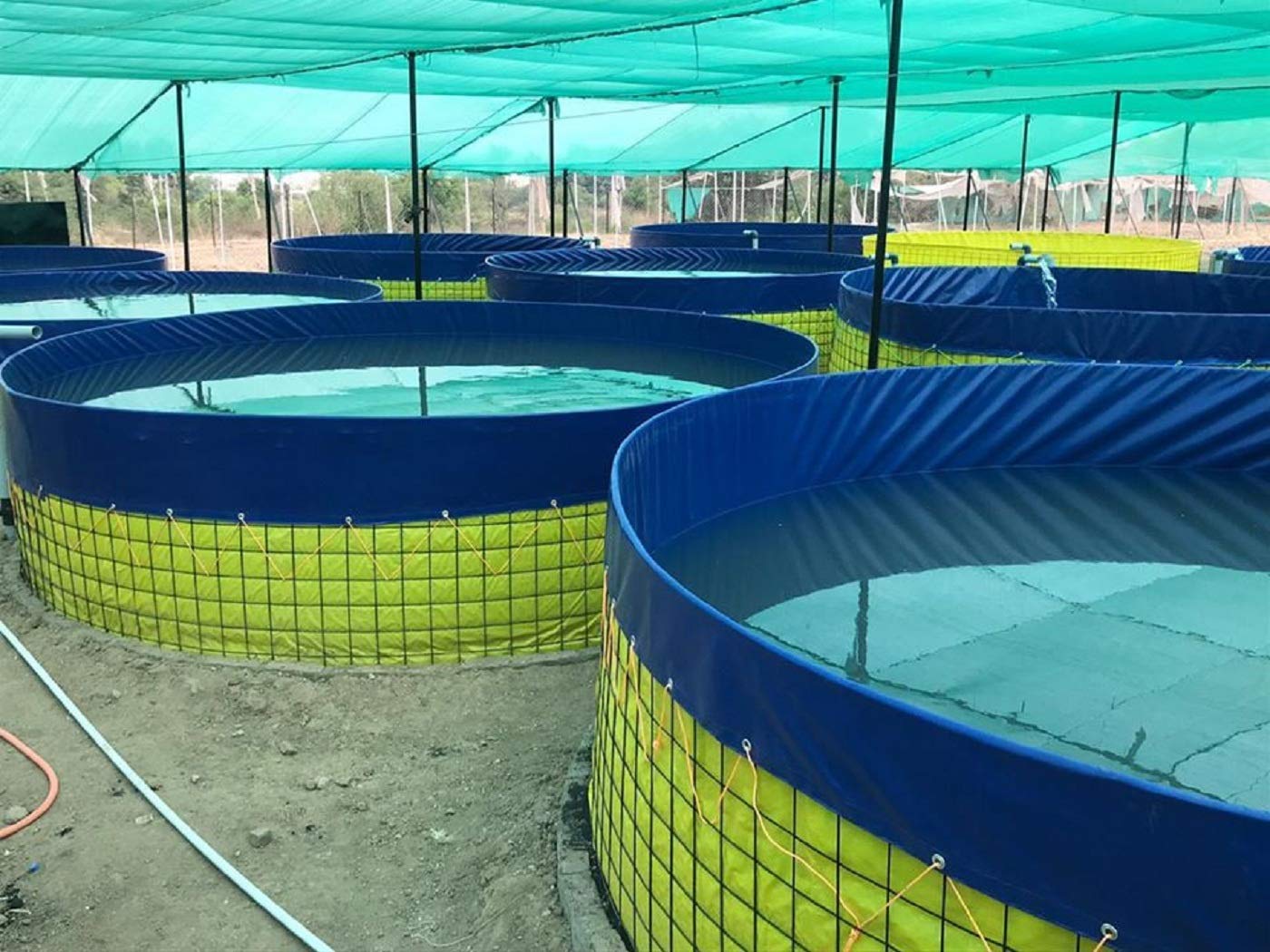
BioFloc Farming Rishikesh

BIOFLOC farming IN Rishikesh
Biofloc technology is a relatively new and innovative approach to aquaculture that has gained popularity in recent years. Rishikesh, located in the northern state of Uttarakhand in India, is a city that is well-suited for the implementation of this technology due to its geographical location, favorable climate, and availability of resources.
Rishikesh is situated on the banks of the river Ganges and is surrounded by the Himalayan Mountains, making it an ideal location for freshwater aquaculture. The city has a moderate climate throughout the year, which is suitable for the growth and development of fish. The water supply for aquaculture is available from the Ganges, which is known for its purity and cleanliness. Additionally, Rishikesh has a well-developed infrastructure that provides easy access to transportation and communication, making it a convenient location for aquaculture businesses.
The implementation of biofloc technology in Rishikesh can help to promote sustainable aquaculture practices in the region. Biofloc technology involves creating an environment that allows microbes to thrive, which helps to break down organic waste and excess nutrients in the water. This helps to maintain water quality and reduce the need for water exchanges, making it a more sustainable and cost-effective approach to aquaculture.
The demand for fish and seafood has been increasing in India, and biofloc technology has become an attractive option for fish farmers due to its benefits. According to a report by the Federation of Indian Chambers of Commerce and Industry, the aquaculture industry in India is expected to grow at a compound annual growth rate of 8.4% from 2019 to 2024. The report also highlights the potential for biofloc technology to contribute to this growth, as it allows for increased production while minimizing environmental impacts.
The implementation of biofloc technology in Rishikesh can have a positive social impact as well. Aquaculture businesses can create employment opportunities for the local community, particularly for those who have experience in fish farming or related industries. Additionally, the availability of locally produced fish can help to reduce dependence on imported seafood, which can have economic benefits for the region.
In conclusion, Rishikesh is a well-suited location for the implementation of biofloc technology due to its favorable climate, availability of resources, and infrastructure. The adoption of this technology can help to promote sustainable aquaculture practices, meet the growing demand for fish and seafood in India, and have positive social and economic impacts on the local community.
